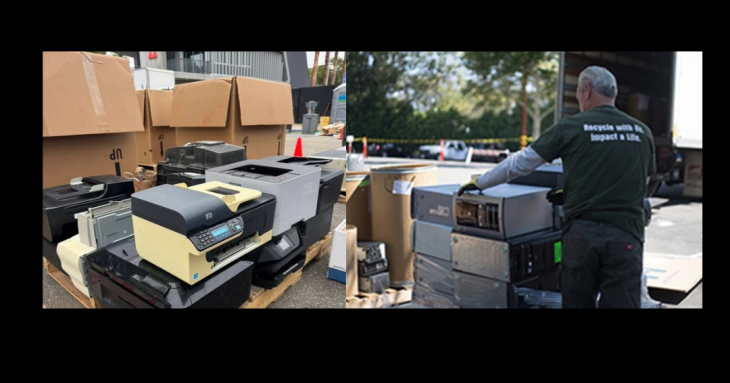Avian flu outbreak and inflation have been driving these shortages
Westside Food Bank is turning to alternative suppliers to try and find eggs as scarce shelves shock customers around the country.
WSFB has been unable to purchase eggs from its typical sources. An avian flu outbreak and inflation have been driving these shortages. Lately, WSFB has had to resort to buying the grocery staple from retail establishments outside its usual purchasing from wholesale food brokers, but most of the time, there isn’t anything available, or the order comes short. For example, WSFB recently ordered 720 cartons of eggs from a big-box store, but supply chain challenges meant they could only provide 100 cartons.
“It is unfortunate that such an essential item is not as readily available as it once was,” Westside Food Bank President and CEO Genevieve Riutort said. “This is such a key ingredient in homes and not being able to provide that to the families we serve breaks my heart.”
This struggle comes as WSFB had already reduced egg purchases. Now, the Food Bank doesn’t even have the option. In November, WSFB cut egg purchases by 20%, and that jumped to 50% in December because of the soaring costs of eggs.
To accommodate for the egg shortage, WSFB is pivoting to less expensive protein sources, like beans and canned fish and meats. It is encouraging members of the community to help us provide nutritious food for people in need by donating on its website, wsfb.org/donatenow.
Founded in 1981 by the Westside Ecumenical Council — a coalition of Westside social service agencies — Westside Food Bank is an independent, non-governmental, 501(c)(3) nonprofit organization, providing food for more than 112,000 households, representing more than 332,000 individuals, on the Westside. This food goes to families with children, seniors, people experiencing homelessness, veterans, college students and differently-abled people.
“Our mission is to end hunger in our communities by providing access to free, nutritious food through food acquisition and distribution, and by engaging the community and advocating for a strong food assistance network. WSFB partners with more than 65 social service agency programs to distribute 4.7 million pounds of food annually,” WSFB says. “The majority of our food goes to housed people who need help to afford groceries. WSFB’s food also allows low-income households to apply their limited funds to housing, childcare, healthcare and other basic needs.”
Such programs include food pantries, preschool/after-school programs, domestic violence shelters, senior citizen meal and grocery delivery programs, bridge housing facilities and more.





















